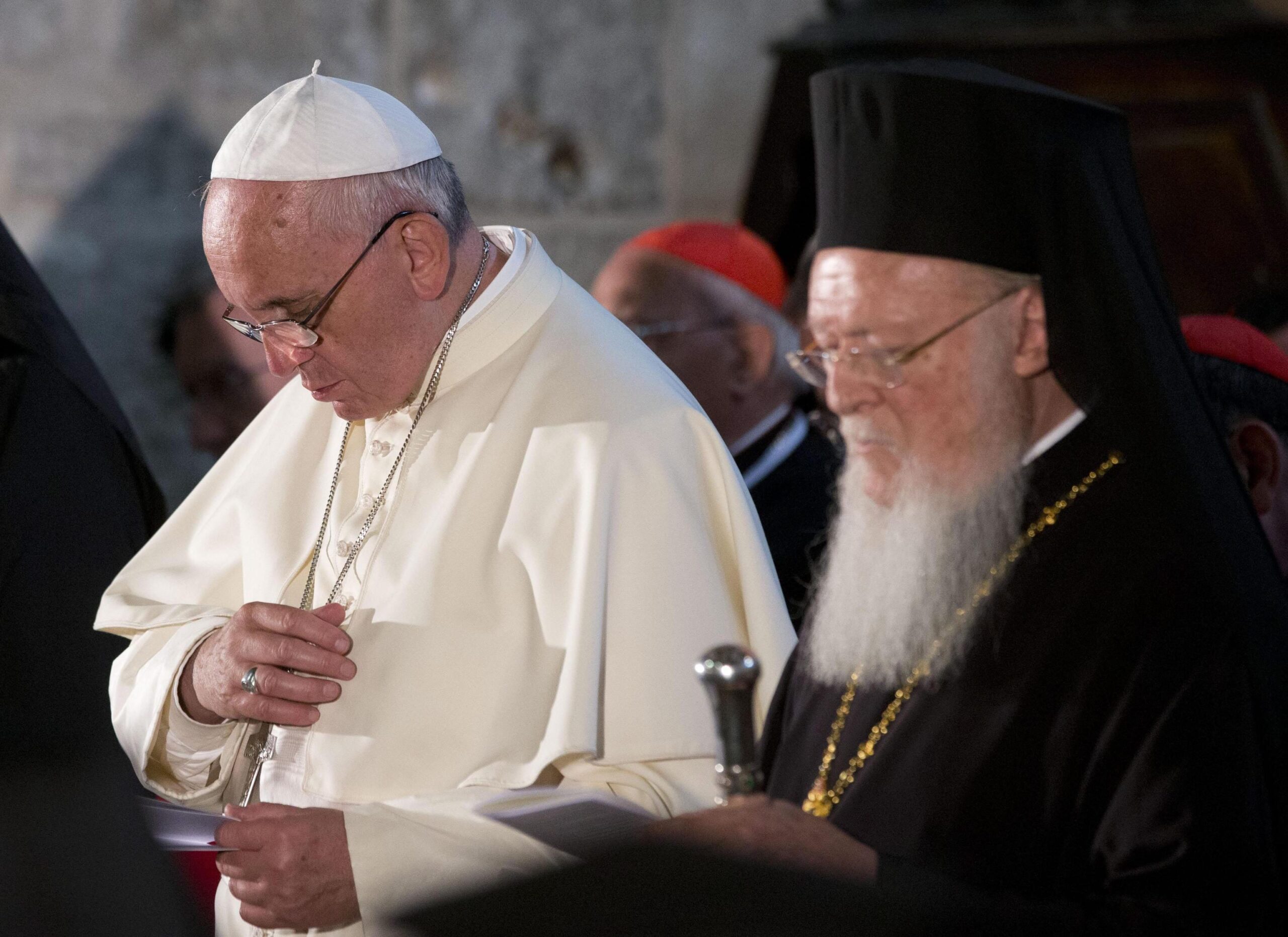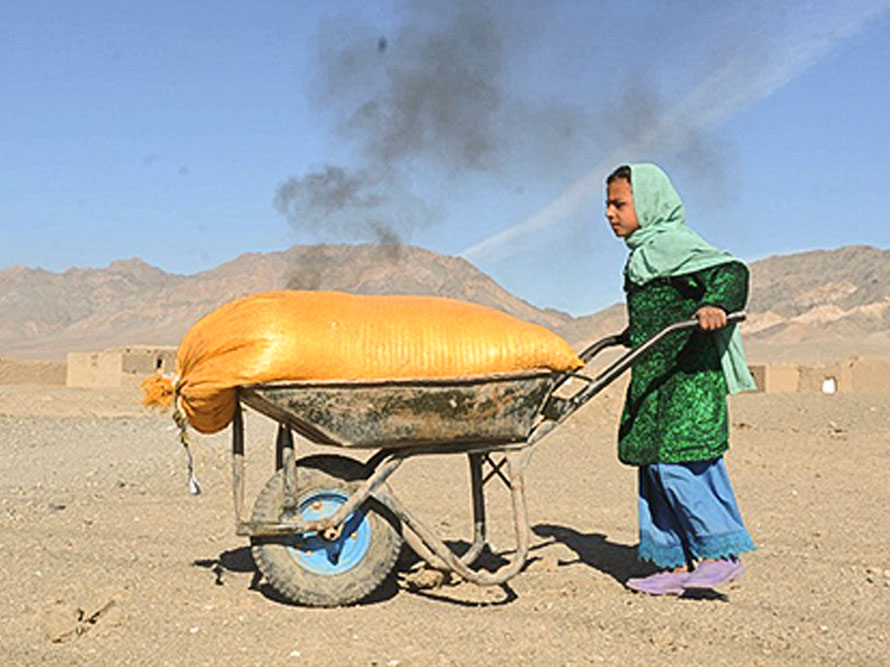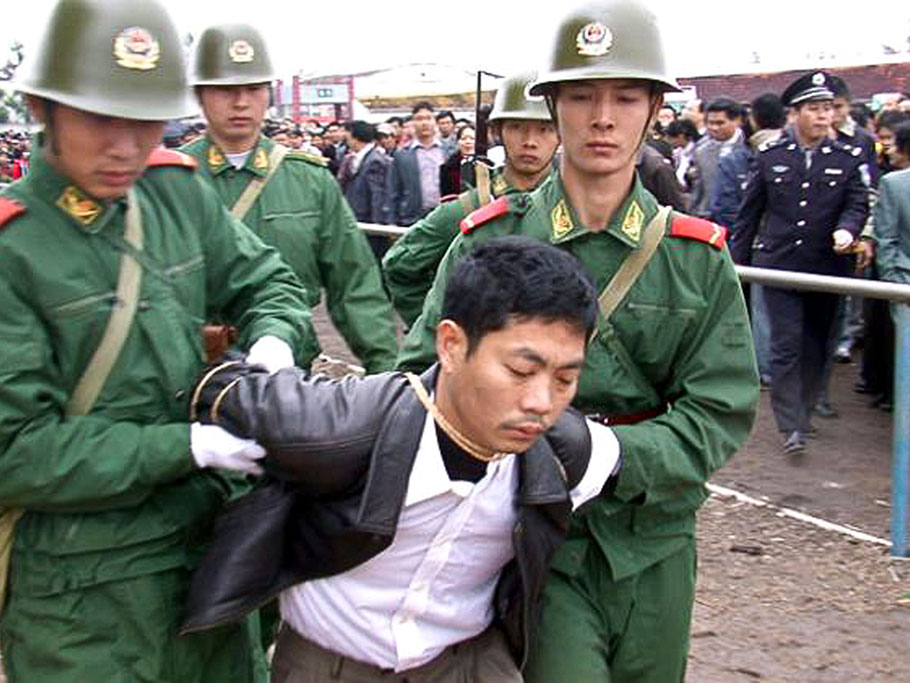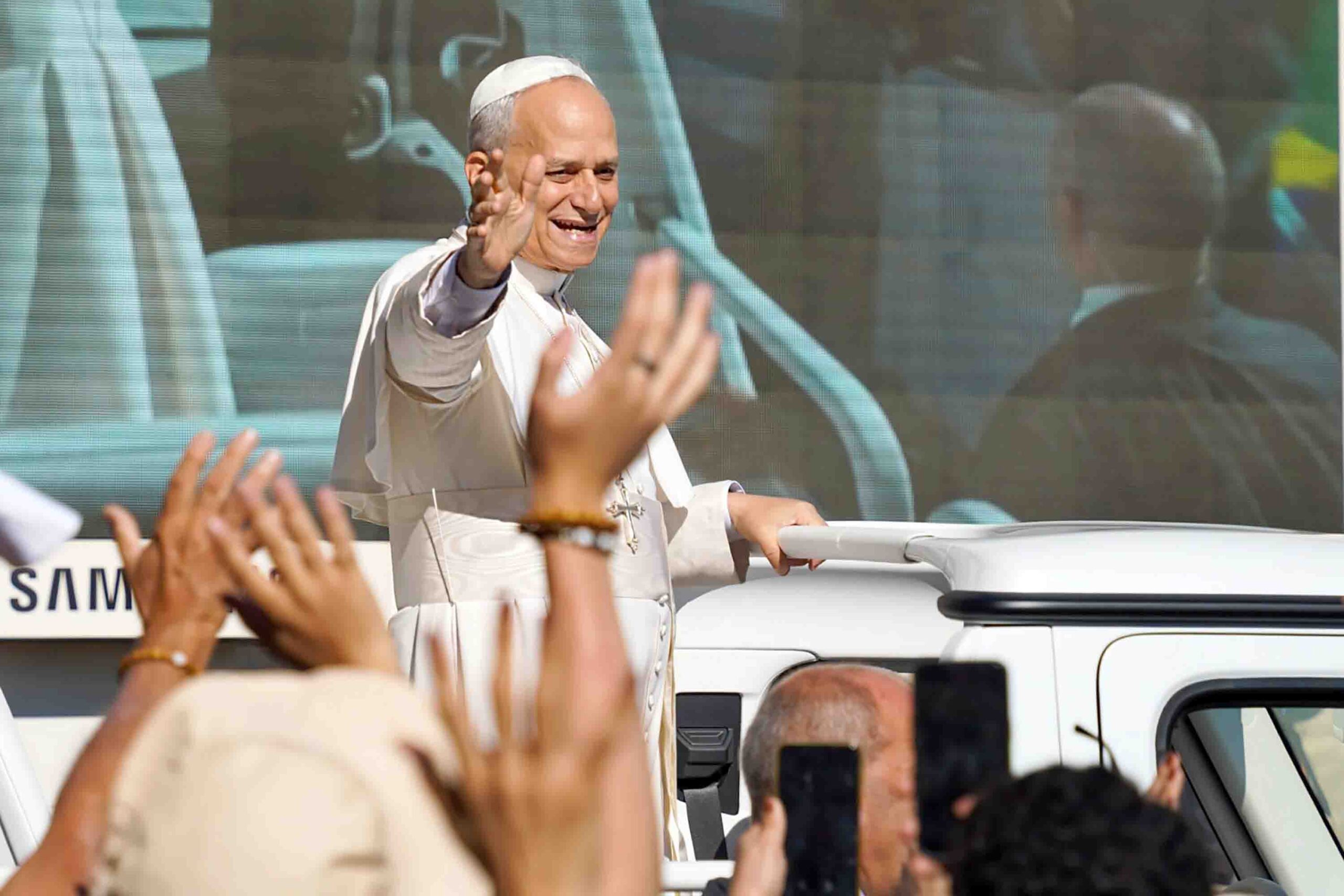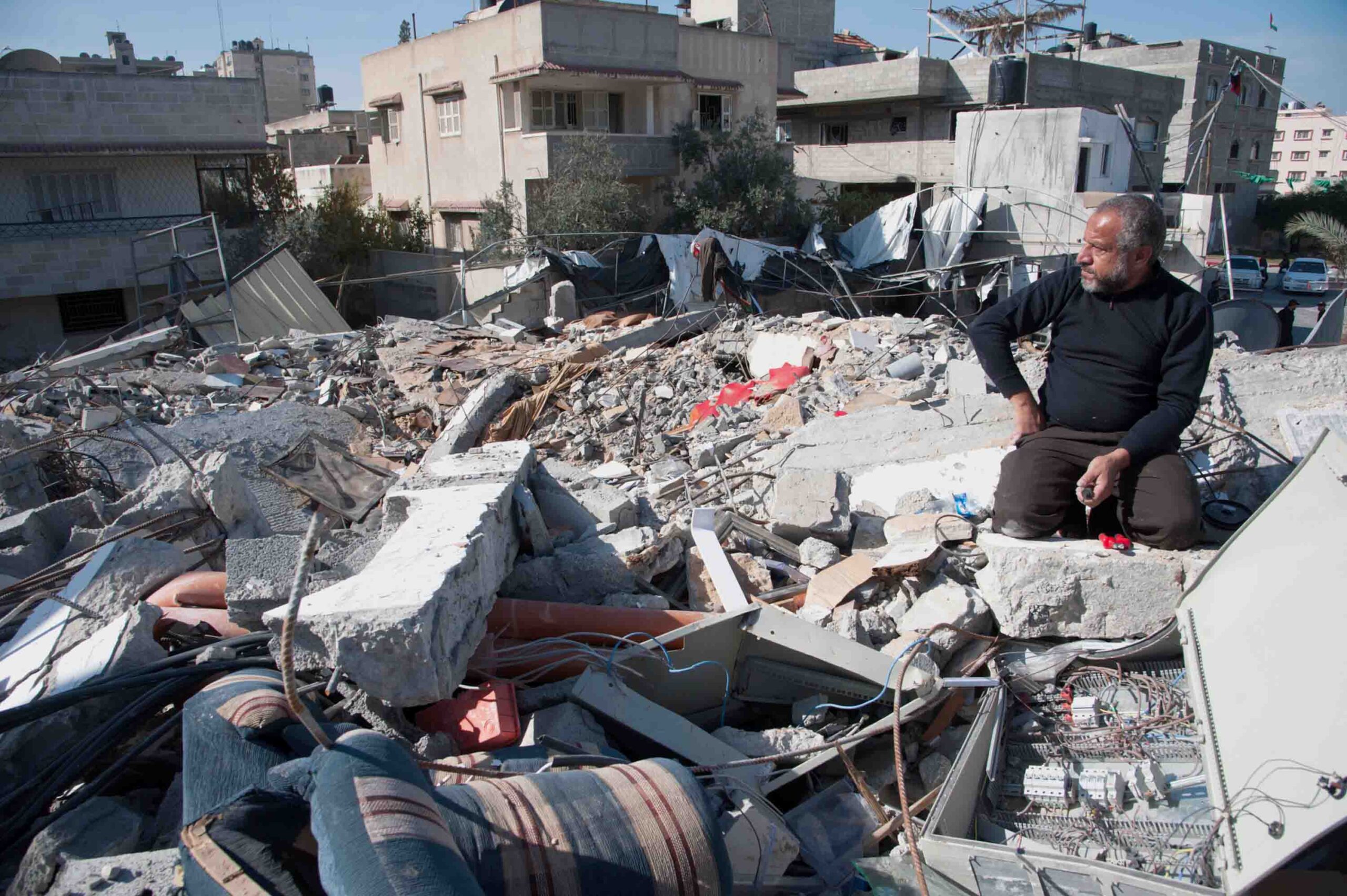In a exclusive interview with AsiaNews, Archbishop Menamparampil explained: “When I speak of a mystic, I am not necessarily referring to a person who withdraws from the field of action, but one who moves into the thick of events to assist and save, to suggest and guide, to inspire and lead, to suffer and, if need be, lay down his or her life. In challenging times, we need, not pedestrian pragmatics who think ready-made solutions will spring from their ideological formulae like from a magician’s hat, but heroes and heroines who stir human hearts, hold out ideals, and hitch their wagons even beyond the stars. We need priests of this caliber. It is this kind of mystics that will give hope to those who seem to have lost all hope. Their contemplative starting points are often the slums, the hovels of the poor, places where the young are at risk, and conflict zones.”
And speaking about India, where a reflection about the Year for Priests proclaimed by Benedict XVI is under way, he gave an example: “Amazingly, mystics transcend cultures and sectarian belief systems as Mother Teresa did. They quickly discover the common ground with people of other beliefs and try to build on it. They have an unexplainable ability to come on the wavelength of persons who are different. There is an inbuilt sense of self-confidence in them that enables them to reach out to those who differ from them most. They have developed their power of intuition that opens out new vistas to them. Could our priests be men of this category, deeply rooted in prayer but ready to confront the storms of life along with the rest of humanity? If they are, they will be needed in our country and in every other part of the world.”
In India, he continued, “we are rightly anxious about the widening gap between the rich and poor. But any strategy that I would suggest to address this problem would be inclusive, fostering a sense of mutual belonging and interdependence. Any form of justice that I would propose would insist on being humane, concerned for the other, committed to the common good, with a holistic understanding of human and historic processes. Millions have died at the hands of people who wanted to make the ‘world flat’ by force.”
Msgr. Menamparampil reminded: “Our Church is multicultural and multiethnic;” it “mirrors the Church Universal […] We may have in Guwahati people from 40 ethnic groups in the church on a festive occasion, and they interact as members of one family. This sort of relationship itself is a form of evangelization. When a human group as diverse as ours meets regularly on a Sunday and plans things together for the betterment of society, people can see that there is a faith-and-love-bond among the members.” Indeed, “people are more open than we often think. […] Cultural doors are opened only through cultural approaches, personal doors through personal approaches; not through cold, legal, dogmatic, and excessively clerical approaches.”
In a place like India where interethnic conflicts are frequent, Msgr. Menamparampil has played a key role in settling disputes in the north-eastern part of the country. In fact, “we know that peace will not be delivered on a golden plate, unearned and undeserved,” he said. “Hope cannot return unless we are committed, not just to concede hope to the other, but to work to build it up for the other. Then, suddenly, we discover that we have laid the foundations for our own hope. Because I was without hope, he gave me reasons for hope. In fact, they were always within my reach, but I was blind to them. ‘O Lord, make me a bearer of peace, a messenger of hope to those giving in to despair!’ A priest who can hold out hope to others is needed in every society and in every life situation.”


